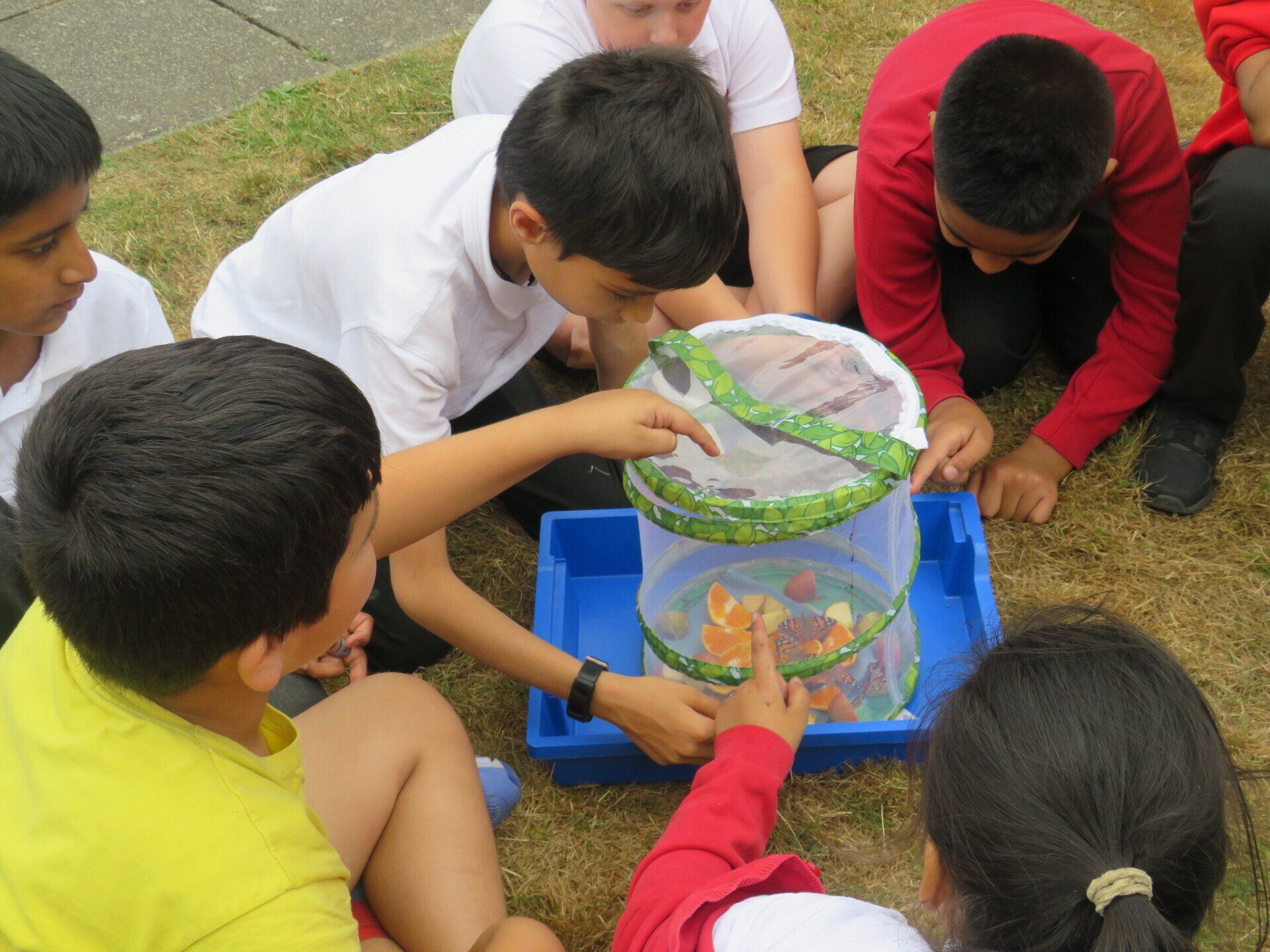Slide title
Write your caption hereButton
Science
INTENT
Our science curriculum is designed to be a stimulating curriculum that nurtures children’s natural curiosity and their intellectual development. It also incorporates the 4Is which ensures it is inspiring, interleaved with other subjects including maths and English, inclusive and empowers independence. Pupils in our community are from a diverse and aspirational background, we inspire pupils and focus on building science capital, which ensures our children acquire knowledge, skills, and attitudes to better prepare them for modern life.
Our pupils:
- Develop scientific knowledge and conceptual understanding through the specific areas of biology, chemistry and physics
- Develop understanding of the nature, processes and methods of science through different types of science enquiries
- Are equipped with the scientific knowledge required to understand the uses and implications of science today and future
- are inspired by their local environment and make use of it
- learn about past and current national and international scientists.
IMPLEMENTATION
Our science curriculum is taught using learning philosophies of DeBono’s Thinking Hats and Blooms Taxonomy. We use the Rising Stars 'switched on' scheme of work to support us in our planning as this ensures we are planning to meet the requirements of the National Curriculum. This enables our pupils to engage in inspiring discussions and understand key scientific concepts. The sequencing of our curriculum means that learning is interleaved. This allows for children to make links in their learning and transfer skills and knowledge to different areas of the curriculum. Pupils who require additional support are provided with an augmented science curriculum which allows to develop their scientific skills.
IMPACT
Our pupils:
- develop the ability to be independent thinkers empowering them to be enthusiastic which enables them to build their science capital
- ensures our children are able to interlink their skills and knowledge to other areas of their learning
- become resilient, independent and curious scientists who ask questions and find things out for themselves
- learn through trips and visits on a regular basis
- have an awareness of the full range of scientific careers and pathways available to them and will be keen to pursue STEM subjects at secondary school.
- leave for secondary school equipped with the science knowledge and skills needed to succeed in their further education.
To view the Manor Junior School Privacy Notice please click here
Documents on our website are freely available in alternative formats - please contact the school office using the details below.
Address
Manor Junior School
Sandringham Road
Barking, Essex
IG11 9AG
Phone
T: 020 8270 4641


